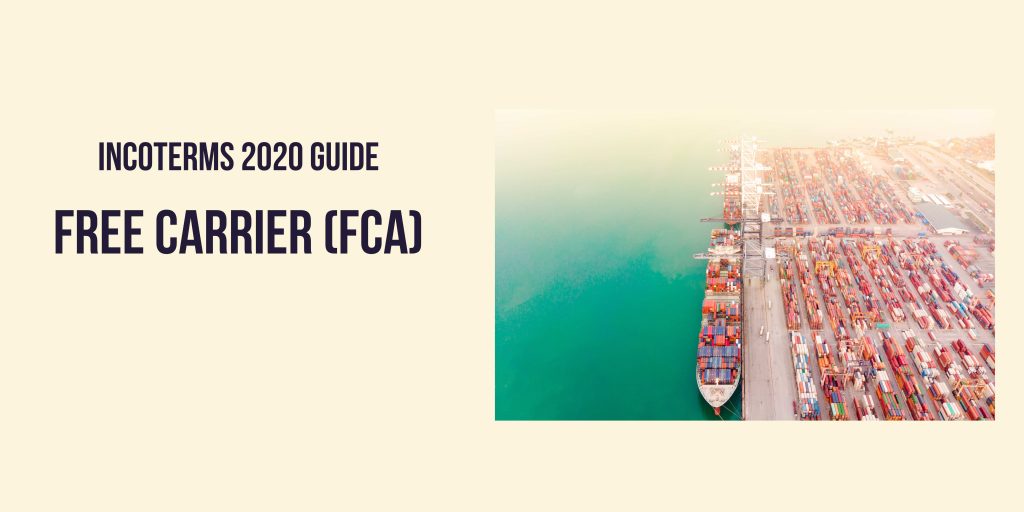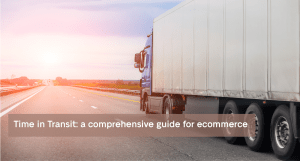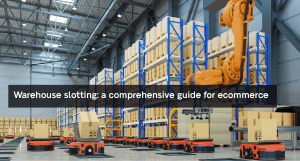The International Chamber of Commerce (ICC) has established Incoterms, or international commercial terms, to make global trade simpler. These universally acknowledged guidelines define the responsibilities of both buyers and sellers in international trade contracts and business deals. While some of these terms are applicable to all transport modes, others are exclusively for waterway shipments.
What is Free Carrier (FCA)?
Free Carrier (FCA) is an agreement that requires the seller to deliver cargo to a location chosen by the buyer to be then loaded onto the carrier. This location can be an airport, warehouse, or even the seller’s own facility, as long as it is in the seller’s own country. Under this term, the seller includes transport expenses into the selling price and is responsible for any loss or damage until the goods are handed over to the carrier. Once the carrier has the goods, the buyer takes on all subsequent responsibilities.
FCA Incoterm can be used for any mode of transport. This can include trucks, trains, ships, airplanes, or even combinations of these if multiple transport modes are needed to reach the established destination.
- Export: the seller handles the export documents and licenses. This means that permissions or fees associated with exporting the goods from the originating country are managed by the seller.
- Transport: while the seller is responsible for delivering the goods to the designated carrier location, the buyer must arrange and pay for the main carriage from that point onward.
- Risk: the risk of loss or damage to the goods shifts from the seller to the buyer once the goods have been handed over to the carrier.
Responsibilities
Seller
- Export packaging: cargo is packaged to ensure it meets the specific requirements of the destination country to comply with regulations.
- Loading charges: these refer to the costs associated with loading the cargo from the seller’s premises onto the initial mode of transport, which might be a truck, train, plane, or ship.
- Delivery to port/place: this refers to the costs related to moving the goods from the seller’s location to the established export point.
- Export duty, taxes, & customs clearance: the seller is responsible for all costs and obligations related to exporting the goods from the country of origin, like handling all necessary documentation, any required inspections, payment of export duties, and any other fees or procedures required by the exporting country.
Buyer
- Origin terminal charges
- Loading on carriage: the buyer must pay the fee associated with getting the cargo onto the main transport vessel
- Carriage charges: this refers to the transportation costs for moving the cargo from the departure port to the arrival port.
- Insurance: the buyer can decide if they want to insure their cargo
- Destination terminal charges: these can be fees associated to unloading, storage, and transferring the cargo.
- Delivery to destination: this refers to the cost of moving the cargo from the arrival port to its final delivery destination.
- Unloading at destination: these are expenses associated to unloading the cargo
- Import duty, taxes & customs clearance: all import-related fees, like duties, taxes, and any costs linked to customs clearance procedures at the destination country, are the buyer’s responsibility.




